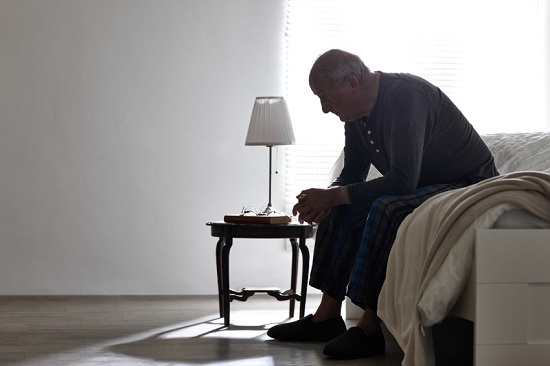
The effects of hearing loss seem obvious, such as the stress of the chronic battle to hear and the impact this can have on relationships. But what if the repercussions went further, and could actually alter your personality?
Research from the University of Gothenburg shows that this may be the case. The researchers examined 400 men and women aged 80-98 over a six-year time frame. The researchers measured several physical, mental, social, and personality measures throughout the study, including extroversion, or the inclination to be outgoing.
Unexpectedly, the researchers couldn’t connect the decrease in extraversion to physical factors, cognitive decline, or social challenges. The single factor that could be linked to the decline in extraversion was hearing loss.
While people normally become less outgoing as they get older, this study shows that the change is amplified in those with hearing loss.
The effects of social isolation
Reduced extraversion, which can bring on social isolation in the elderly, is a significant health risk. In fact, a meta-analysis of 148 studies analyzing the relationship between social isolation and mortality found that an absence of supportive social relationships was linked with increased mortality rates.
Social isolation is also a major risk factor for mental illness, including the onset of major depression. Going out less can also lead to decreased physical activity, leading to physical problems and weight issues, and the lack of stimulation to the brain—typically received from group interaction and dialogue—can lead to cognitive decline.
How hearing loss can lead to social isolation
The health effects of social isolation are well established, and hearing loss seems to be connected to decreased social activity. The question is, what is it about hearing loss that tends to make people less likely to be socially active?
The most evident answer is the difficulty hearing loss can present in groups. For those with hearing loss, it can be extremely challenging to follow conversations when several people are talking at the same time and where there is a large amount of background noise.
The continuous battle to hear can be exhausting, and it’s sometimes easier to forfeit the activity than to struggle through it. Hearing loss can also be embarrassing, and can create a sense of separation even if the person is physically part of a group.
For these reasons, among others, it’s no big surprise that many people with hearing loss decide to escape the difficulties of group communication and activity.
What can be done?
Hearing loss leads to social isolation primarily due to the difficulty people have speaking and participating in group settings. To make the process easier for those with hearing loss, think about these tips:
- If you suffer from hearing loss, think about utilizing hearing aids. Today’s technology can treat virtually all cases of hearing loss, supplying the amplification necessary to more easily interact in group settings.
- If you have hearing loss, talk to the group ahead of time, educating them about your hearing loss and advocating ways to make communication easier.
- For those that know someone with hearing loss, try to make communication easier. Minimize background noise, choose quiet areas for communication, and speak directly and clearly to the person with hearing loss.
With a bit of awareness, planning, and the suitable technology, we can all make communication much easier for individuals with hearing loss.
